Value of MRI After Traumatic Brain Injury
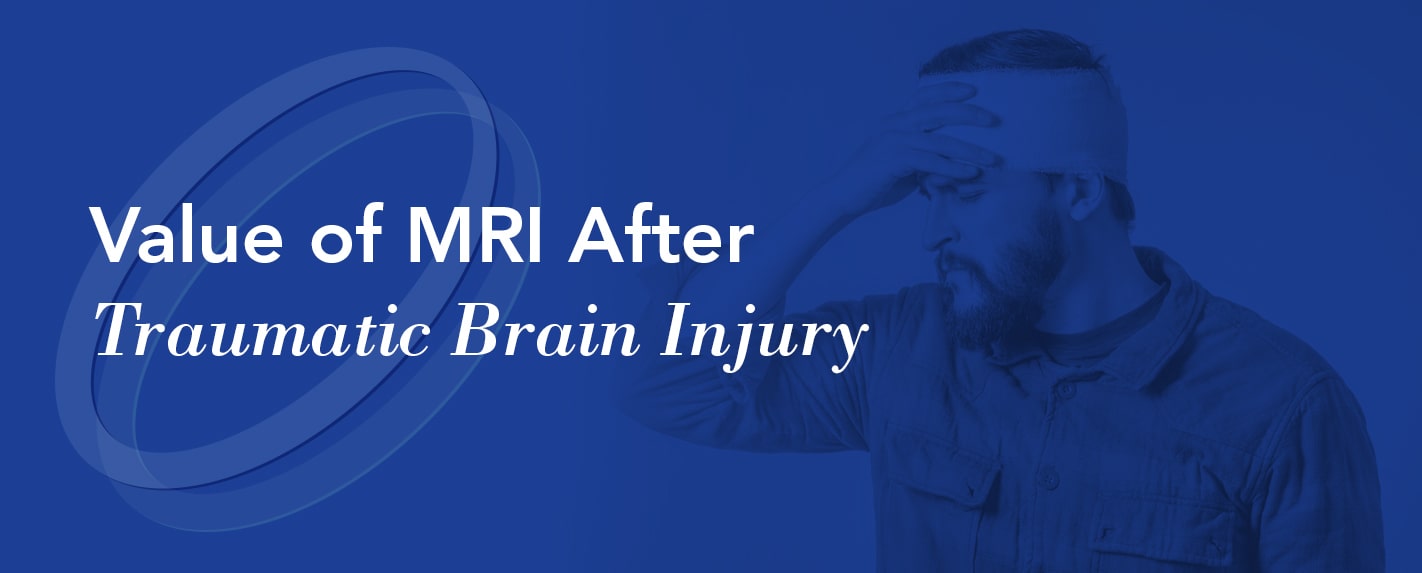 A traumatic brain injury (TBI) can be just as debilitating as amputations, burns and spinal cord injuries. It’s a lot different, though. It can upset your life on several levels — social, physical, psychological and even spiritual. It can affect the root of who you are — your ability to communicate, to think and to connect with others.
Each year in the U.S., around 1.7 million TBI cases occur, according to the American Association of Neurological Surgeons. Approximately 5.3 million individuals live with a traumatic brain injury-related disability in the U.S. alone. And, every year, there are about 235,000 hospitalizations due to TBI, which is over 20 times the number of spinal cord injury hospitalizations.
TBI can affect everyone and everything in your life. TBI can severely hinder your ability to work and can put a strain on family life. It can make it difficult to make new friends, and it can affect your existing relationships. Therefore, it’s crucial you understand the value of MRI after traumatic brain injury.
Jump to Sections:
A traumatic brain injury (TBI) can be just as debilitating as amputations, burns and spinal cord injuries. It’s a lot different, though. It can upset your life on several levels — social, physical, psychological and even spiritual. It can affect the root of who you are — your ability to communicate, to think and to connect with others.
Each year in the U.S., around 1.7 million TBI cases occur, according to the American Association of Neurological Surgeons. Approximately 5.3 million individuals live with a traumatic brain injury-related disability in the U.S. alone. And, every year, there are about 235,000 hospitalizations due to TBI, which is over 20 times the number of spinal cord injury hospitalizations.
TBI can affect everyone and everything in your life. TBI can severely hinder your ability to work and can put a strain on family life. It can make it difficult to make new friends, and it can affect your existing relationships. Therefore, it’s crucial you understand the value of MRI after traumatic brain injury.
Jump to Sections:
- What Is a Traumatic Brain Injury?
- Causes of TBI
- Complications of TBI
- When to See a Doctor After a Traumatic Brain Injury?
- Why Is an MRI Used After a Traumatic Brain Injury?
- MRI Use Directly After the TBI
- MRI Use Following the Acute Period
- Benefits of Using MRIs After a Traumatic Brain Injury
What Is a Traumatic Brain Injury?
TBI typically results from a violent jolt or blow to your head or body. A broken piece of skull, bullet or another object that penetrates your brain tissue can also cause TBI. A mild traumatic brain injury could temporarily affect your brain cells. More severe TBI can cause things like:- Torn tissues
- Bruising
- Bleeding
- Other physical brain damage
Causes of TBI
Force of impact, the nature of your injury and other factors can determine the degree of damage. Common events causing TBI include:- Vehicle-related accidents: Accidents that involve cars, bicycles or motorcycles, as well as pedestrians involved in these collisions, are a common cause of TBI.
- Falls: Falls from a ladder, bed, in the bath, down the stairs and other falls are the most common reasons for TBI overall.
- Violence: Domestic violence, child abuse, gunshot wounds and other assaults are also common causes.
- Combat injuries: In active-duty military personnel, explosive blasts are a common reason for TBI. TBI also occurs from severe blows to the head with debris or shrapnel, penetrating wounds, bodily collisions with objects or falls following a blast.
- Sports injuries: Injuries from various sports like boxing, soccer, baseball, football, skateboarding, hockey, lacrosse and other extreme or high-impact sports could cause TBI.
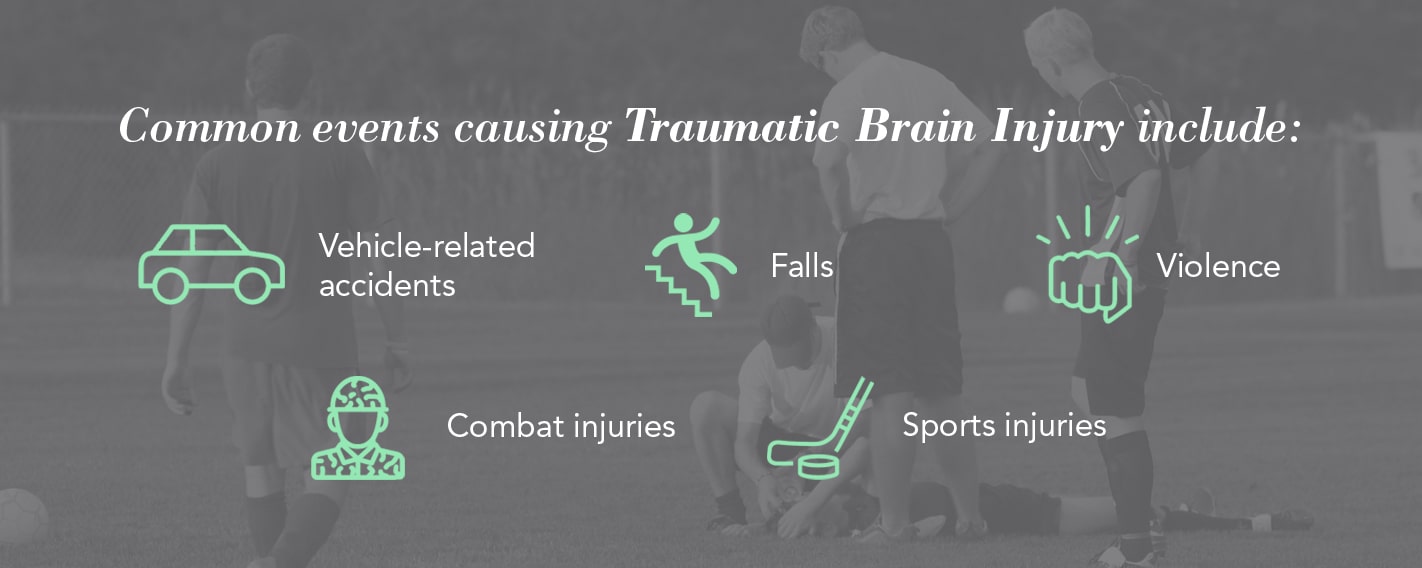
Complications of TBI
Various complications can occur after a TBI. Severe injuries increase your risk of more serious or a greater number of complications. Complications include:- Altered consciousness: Moderate to severe TBI can result in permanent or prolonged changes in your state of consciousness, responsiveness or awareness, including coma, minimally conscious state, vegetative state or brain death.
- Physical complications: Physical complications may include seizures, infections, headaches and fluid buildup in the brain.
- Intellectual problems: If you suffer a significant brain injury, you could experience changes in your thinking skills, such as learning, memory, judgment, concentration and reasoning.
When to See a Doctor After a Traumatic Brain Injury
You should take any type of traumatic brain injury seriously, no matter how mild it might seem. If you experience any consciousness loss, however brief it is, see your doctor right away. Even if you don’t experience a loss of consciousness, the few hours that follow your injury are still critical, and you’ll need to watch for symptoms such as:- Headache: Headache is a prevalent symptom following TBI. It’s often referred to as a post-traumatic headache. More than 30% of individuals report headaches that continue long after their injury.
- Slurred speech: This includes speaking extremely slow or fast.
- Restlessness: Restlessness and agitation are two of the most problematic and striking behaviors when you have TBI, even for your family or caregivers.
- Vomiting: While vomiting right after sustaining an injury could be a sign of a more severe neurological injury, you could experience nausea and vomiting in the days, in some cases weeks, following a concussion. This is sometimes related to vestibular dysfunction. However, it’s also linked with migraines.
- Increased drowsiness: Fatigue often occurs with TBI, and you may experience it more frequently and quickly than others in the general population. While the cause of fatigue following traumatic brain injury isn’t clear, it could be due to the extra attention and effort it takes you to perform even simple activities like talking clearly or walking. Your brain function could be less efficient than it was before your injury.
- Change in pupils: This may be unequal dilation in the pupils of your eyes or double vision.
- Confusion about the date or time: Stronger jolts could cause you to think you’re somebody different or forget your name. You might unintentionally yell when you tell somebody you’re sad. You may experience uncertainty in your life and an annoying amount of confusion.
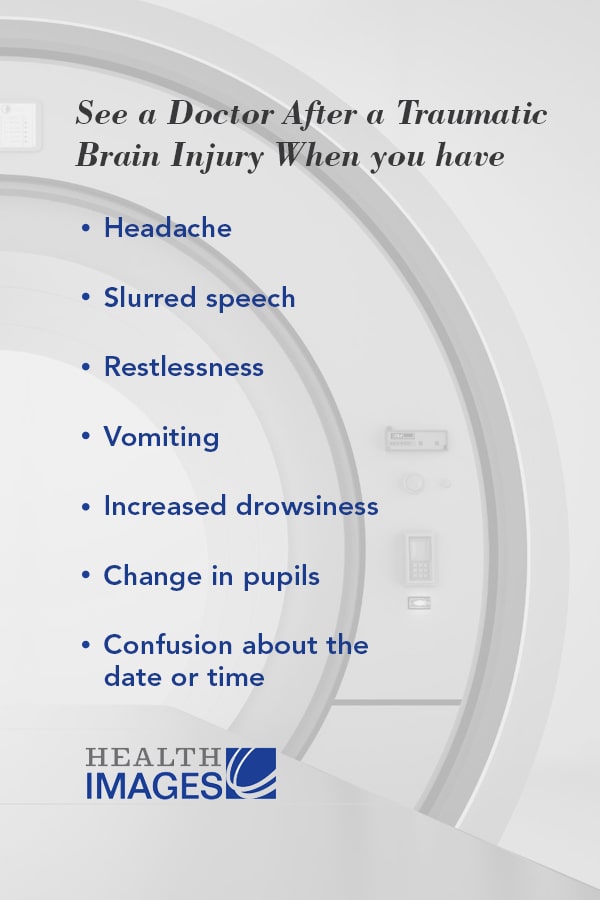
Why Is an MRI Used After a Traumatic Brain Injury?
According to a study published in the Journal of Affective Disorders, traumatic brain injury MRI yields essential prognostic information by identifying patients who could have poor long-term psychiatric and neurocognitive outcomes. More than 250 severe head trauma patients enrolled in this study. Each underwent a TBI brain scan within a month after their injury. Researchers collected clinical, demographic and radiological information during hospitalization. A psychiatric and neurocognitive evaluation was performed a year after. The researchers concluded that performing an MRI after TBI allows doctors to determine essential prognostic information, with a few lesion patterns substantially linked with poor long-term psychiatric and neurocognitive outcomes. Imaging centers use MRI brain damage scans to:- Receive a clearer picture of TBI
- See where damage has occurred in the brain
- Visualize the TBIs, concussions and other effects of brain injuries
Schedule an MRI at Health Images
MRI Use Directly After the TBI
Reasons to have an MRI immediately after TBI are:- You might have a hard time identifying symptoms of concussion because they might not appear for some time after the initial blow to your head.
- Your doctor might not be able to properly diagnose any changing psychological behavior you may have because the symptoms don’t always appear immediately after the initial injury. Many traumatic brain injuries often result in psychological problems.
- You might “look” normal or think you can simply “just walk it off” because a brain injury isn’t visible to the naked eye. However, when you have a concussion, this is the worst thing to do, and you should seek medical help immediately. A concussion can be a severe injury, and if you leave it untreated, it could result in permanent brain damage.
- You can substantially improve morbidity and mortality with early diagnosis and aggressive management in the acute setting.
- You might prevent a secondary injury from brain injury complications with proper management. MRIs help identify cranial and cerebral issues, determine their severity and if they’re operable, particularly when doctors can’t perform complete, reliable neurological exams. MRIs have become critical to surgical planning because they provide navigation information and anatomic localization and can determine extracranial landmarks, helping to plan skin incision and guide burr hole placement when necessary.
- You can realize incredibly accurate and sensitive MRI imaging in diagnosing cerebral pathology.
- Your MRI imaging findings provide essential prognostic indicators, helping doctors decide how aggressive management needs to be.
MRI Use Following the Acute Period
Receiving a blow to your head can be both dangerous and frightening. While short-term symptoms don’t always appear immediately or might subside rather quickly, this doesn’t mean the effects of TBI or concussion later on down-the-road won’t be long-term. An acute injury can result in long-term consequences, including increased susceptibility to neurodegenerative disorders and progressive brain atrophy. Any brain injury is a critical problem. MRI imaging also is essential in the long-term therapy of traumatic brain injury and in identifying chronic conditions caused by a previous disease or injury, determining prognosis and guiding rehabilitation.Benefits of Using MRIs After a Traumatic Brain Injury
There are various benefits of using MRIs, including the following.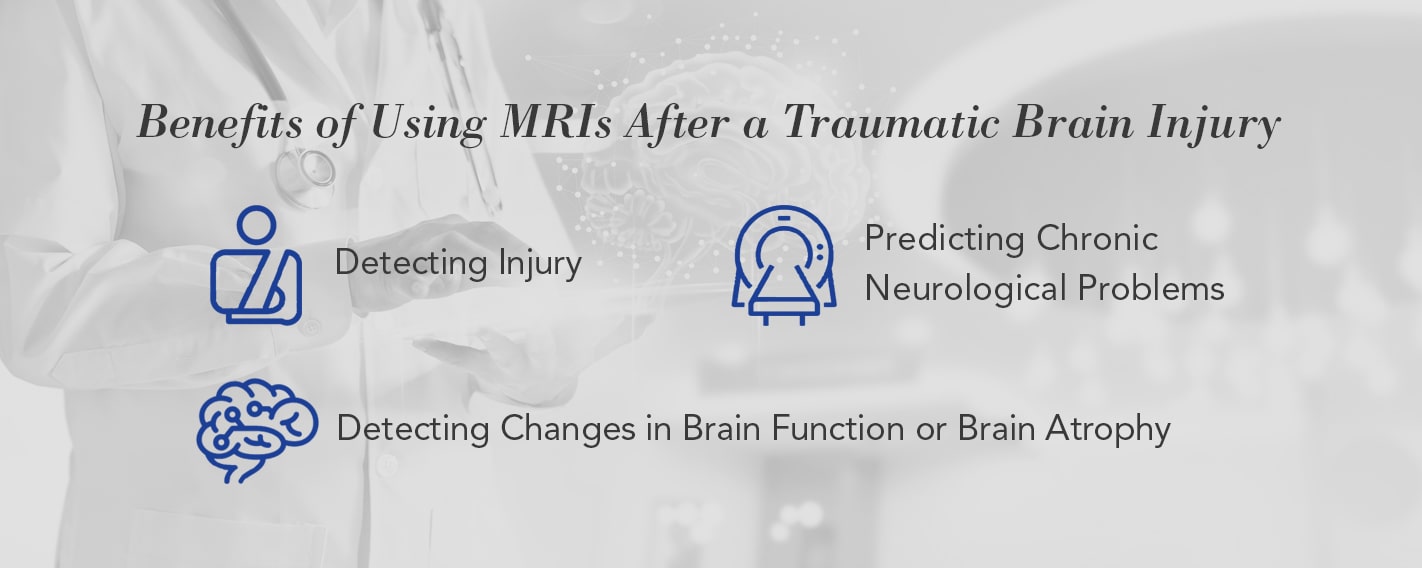
1. Detecting Injury
MRI is a powerful diagnostic imaging tool for detecting signs of injury like:- Minute bleeding (microhemorrhage): A cerebral microbleed (MB) is a small chronic brain hemorrhage that likely results from structural abnormalities of your brain’s small vessels. Doctors can detect MBs with MRI sequences. Being imaged immediately after TBI can result in more accurate and better detection of microbleeding on your brain or cerebral microhemorrhages. These result from TBI and can cause serious secondary injuries like stroke or brain swelling. Being able to monitor the evolution of MBs could provide doctors with essential information regarding disease recovery or progression.
- Small areas of bruising (contusion): Cerebral contusions are bruising of brain tissue. When doctors examine them under a microscope, they are comparable to bruises of other areas of the body. They consist of areas of swollen or injured brain mixed with blood leaked from veins, arteries or capillaries.
- Scarring (gliosis): Gliosis is a central nervous system reaction to injury of the spinal cord or brain. While slight changes occur earlier, gliosis typically appears a few weeks after an injury. According to one study, MRI shows brain damage in many active duty military personnel subjected to blast-related mild TBI. The MRI findings included pituitary abnormalities and white matter abnormalities or brain scars that are invisible on CT scans.
2. Detecting Changes in Brain Function or Brain Atrophy
Newer, specialized MRIs can measure brain function for detecting changes in brain function and structure because of TBI or evaluate the structure of the brain at an even finer level. MRI might show brain atrophy long after the injury, which results when injured or dead brain tissue is reabsorbed after TBI. Since injured brain tissue might not fully recover after TBI, doctors might detect TBI-related changes many years following an injury.3. Predicting Chronic Neurologic Problems
MRI might be better than a CT scan at identifying if you are likely to experience chronic neurologic problems because of your mild TBI, according to a clinical trial’s findings. Around 15% of individuals with mild TBI end up with measurable neurologic deficits a year after their injury. However, doctors don’t have a definitive technique to predict patient outcomes. To address this clinical need, the researchers of the clinical trial examined MRI’s potential of predicting patient outcome a few months after mild TBI. They followed 135 individuals and evaluated for an acute head injury, determining that MRI can improve long-term outcomes for TBI patients.Schedule an Appointment With Health Images for Your TBI MRI
Health Images has multiple convenient locations in Colorado, including those in Castle Rock, Denver, Longmont and Boulder. We have specialized staff ready to help with all your medical imaging requirements. We’re local and privately owned. Our staff is hand-picked and committed to maintaining the most accurate and latest technology. Our mission is to improve our patients’ lives through spectacular and quality service. We’re passionate about improving our patients’ quality of life and health. We treat all our patients and their families with compassion, empathy and humility. Technologists who genuinely care about you will perform your imaging procedure, and they’ll also complete it using the latest technology available in our field. We’ve transformed the whole diagnostic imaging experience from your imaging provider to the technology itself. At Health Images, we treat all our patients with the utmost respect. We compassionately cater to your needs and ensure your imaging experience will be accurate and comfortable. We welcome you into any one of our imaging centers to experience our expertise and hospitality so you can see for yourself exactly why we’re the market leaders in patient satisfaction and quality of care. Give us a call to schedule your appointment with Health Images. We promise to provide you with the most pleasant and best possible experience while you’re here.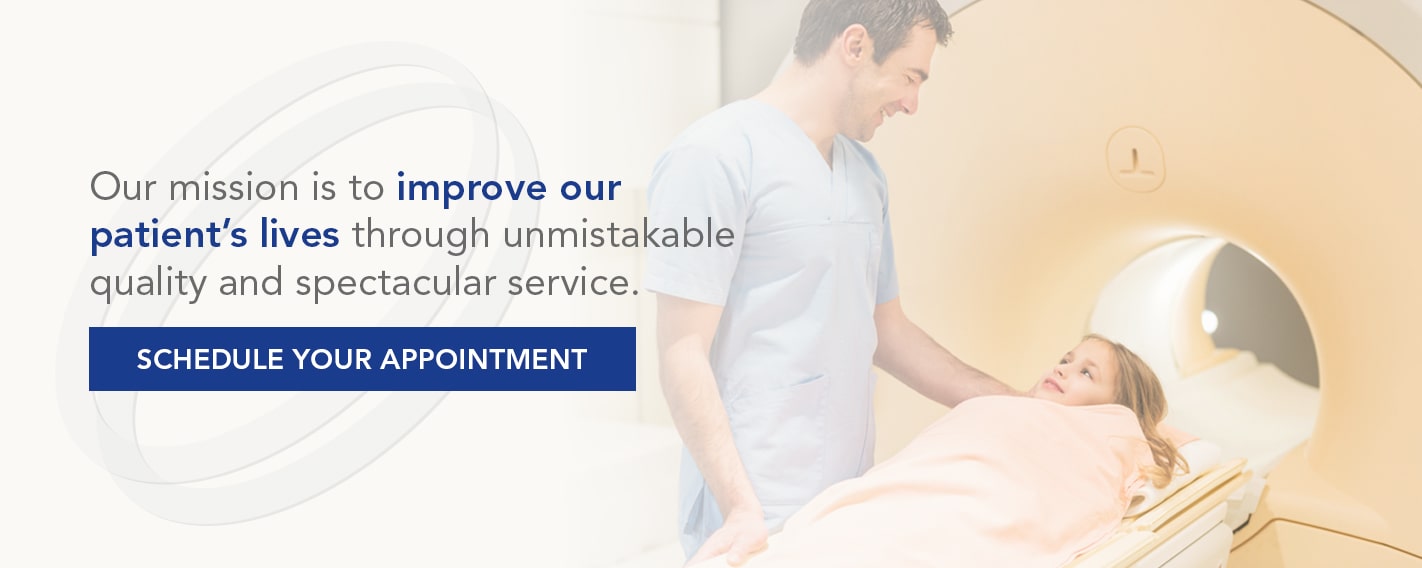 Sources:
Sources:
- https://www.brainline.org/article/traumatic-brain-injury-basics
- https://www.ncbi.nlm.nih.gov/pubmed/30218878
- http://uwmsktc.washington.edu/sites/uwmsktc/files/files/TBI-headaches.pdf
- https://www.ncbi.nlm.nih.gov/pubmed/1554303
- http://rethinkconcussions.upmc.com/2014/10/concussion-symptoms-signs/
- https://msktc.org/tbi/factsheets/fatigue-and-traumatic-brain-injury
- https://medicalxpress.com/news/2015-09-mri-diagnosis-microbleeding-brain-injury.html
- https://press.rsna.org/timssnet/media/pressreleases/14_pr_target.cfm?ID=1865
- https://www.diagnosticimaging.com/article/value-mri-after-traumatic-brain-injury
- https://www.aans.org/en/Patients/Neurosurgical-Conditions-and-Treatments/Traumatic-Brain-Injury
- https://www.cdc.gov/traumaticbraininjury/get_the_facts.html
- https://www.mayoclinic.org/diseases-conditions/traumatic-brain-injury/symptoms-causes/syc-20378557
- https://my.clevelandclinic.org/health/diseases/8874-traumatic-brain-injury
- https://www.independentimaging.com/doctors-order-mri-scans-brain-injuries-concussions-migraines-tbis/
- https://www.asnr.org/patientinfo/conditions/tbi.shtml
- https://www.mdedge.com/neurology/article/73707/traumatic-brain-injury/mri-improves-long-term-outcome-prediction-patients
- https://www.healthimages.com/about-us/why-choose-us/ https://www.healthimages.com/locations/
- https://www.healthimages.com/services/mri-scans/
- https://www.healthimages.com/services/ct-scans/
- https://www.healthimages.com/patient-resources/articles/
- https://www.healthimages.com/locations/
- https://www.healthimages.com/about-us/why-choose-us/
- https://www.healthimages.com/about-us/
- https://www.ncbi.nlm.nih.gov/pmc/articles/PMC1064998/
- https://www.ncbi.nlm.nih.gov/pmc/articles/PMC4677116/



